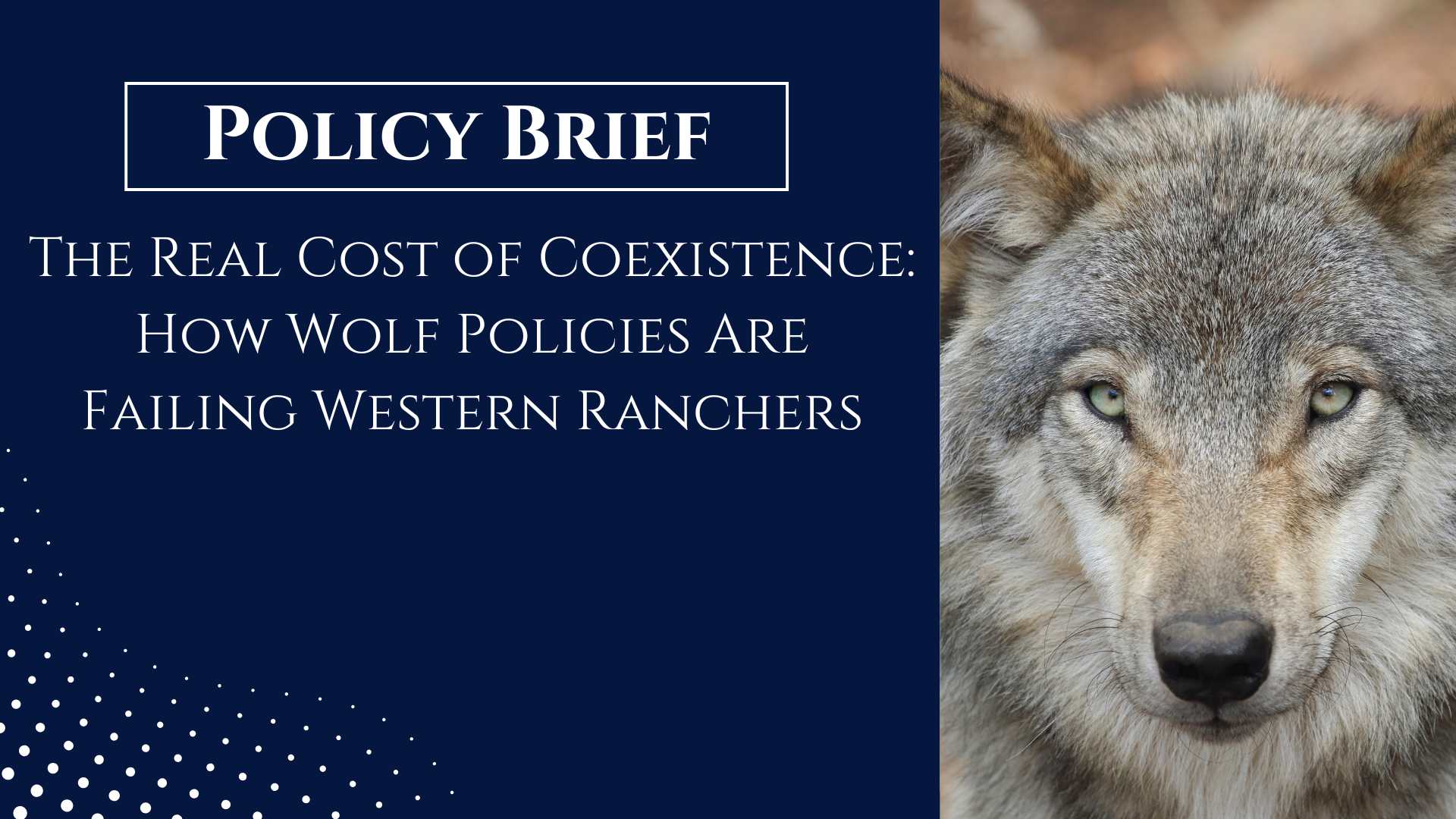As Washington considers House Joint Memorial (HJM) 4003 calling for a "Fossil Fuel Non-Proliferation Treaty," we should examine whether this approach aligns with evidence-based climate policy. While the memorial demonstrates genuine concern about climate change, we need to ensure our efforts are both effective and economically responsible.
Clarifying Climate Projections
Current climate projections from the International Energy Agency suggest a temperature increase of approximately 2.4°C under existing policies compared to pre-industrial levels. This is concerning, though less severe than the 3.1°C cited in the memorial. This distinction matters not to minimize the urgency, but to ensure we're working with accurate data as we develop solutions.
Balancing Present Action and Future Well-Being
The memorial rightly emphasizes our responsibility to future generations. However, we should acknowledge the economic projections from climate economists, including from the IPCC and Nobel laureate William Nordhaus. These models suggest economic growth will continue even under warming scenarios, though climate change will reduce potential prosperity compared to a no-warming scenario.
For example, if the claims in HJM 4003 are correct, and the temperature increase reaches 3.1 degrees C compared to pre-industrial levels, the IPCC scenario SSP2-4.5 projects global per capita GDP would increase from $13,297 to $59,259 by 2100.
Additionally, the most prosperous scenario economically is the most fossil-fuel intensive. That scenario, called “Fossil-fueled development,” increases global per capita GDP to $138,305, which is 85 percent higher than the current U.S. GDP.
Washington's Climate Implementation Gap
Washington has set ambitious climate targets, yet our implementation has fallen short. Between 2012 and 2022, Washington’s CO2 emissions actually increased while emissions from the US declined. To meet the 2030 emissions goals for the state, Washington must reduce emissions by the equivalent of more than three COVID-level emissions reductions cumulatively before the end of the decade. That is extremely unlikely without doing serious economic harm.
To meet those goals, Washington state must begin to deliver results from our efforts.
Cost-Effectiveness in Emissions Reduction
According to the most recent report by the Department of Ecology, 89% of fiscal year 2024 expenditures did not expect quantifiable emissions reductions. Eighty-nine percent. The remaining 11 percent yielded very few benefits with some projects costing more than $100,000 to reduce one metric ton of CO2. By way of comparison, there are widely available projects that reduce the same amount of CO2 for $10 per metric ton. The state is spending up to $140,000 for what anyone can pay $10 to achieve.
We share the goals of environmental protection and reducing the risk from climate change, which is precisely why we should demand that our limited public resources achieve maximum climate benefit.
This represents a missed opportunity to multiply our climate impact. By implementing more cost-effective measures, we could reduce far more emissions with the same investment, accelerating CO2-emissions reduction while being responsible stewards of public funds.
Global Security
This Memorial could also have negative consequences for global security.
We know who won’t be signing this agreement – Russia, China, Iran, Venezuela, India and many developing countries. Vladimir Putin felt empowered to invade Ukraine because countries like Germany believed it could end its use of natural gas. Instead, it became reliant on Russia.
Markets for oil and natural gas aren’t going away. Even if Europe and America end use of gasoline natural gas, the largest countries in the world won’t and countries in Africa, South America and Asia like India will use oil and natural gas to grow their economies. Ending American production of natural gas and other fuels simply leaves countries reliant on some of the worst global dictators.
During the hearing, one advocate for the treaty claimed the treaty would be effective because large countries outside Europe and America would, in fact, sign the treaty. He pointed in particular to Pakistan. Ironically, Pakistan also signed the treaty’s namesake, the Nuclear Non-Proliferation Treaty but then violated it. Pakistan is the poster child for how unenforceable international agreements are. It is likely that the Fossil Fuel Non-Proliferation Treaty would be just as effective.
Moving Forward
Instead of symbolic memorials, Washington should lead by implementing transparent emissions accounting with cost-effectiveness metrics and prioritizing climate investments by carbon reduction per dollar spent.
By focusing on these pragmatic approaches rather than hoping the Trump Administration will sign a treaty it strongly opposes, Washington can demonstrate that reducing the risk from climate change and practical effectiveness aren't in opposition – they're essential partners.





